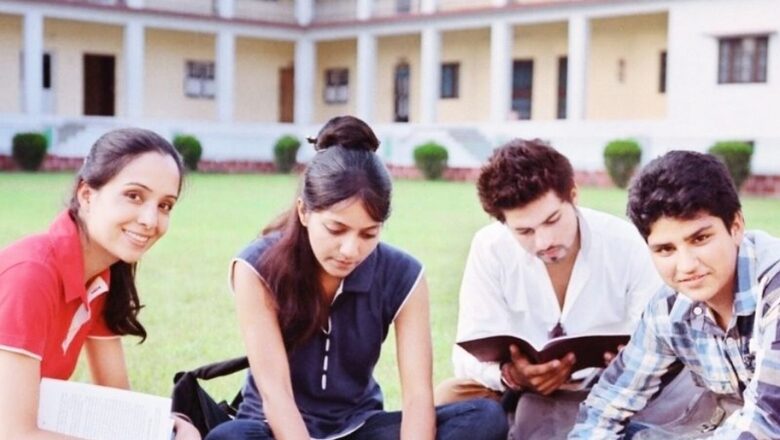
views
As the pandemic continues to affect individuals and societies across the world, more attention should be given to the way that sociology faces up to its challenges. It is a question not only of how to think about sociological issues that emerge from the pandemic, but also of which research methodologies are the most appropriate when thinking about them. So how to study sociology in a pandemic era? In order to answer this, we need to remember what sociology is about.
Charles Wright Mills (1959:3) argued in his seminal book The Sociological Imagination (1959) that “neither the life of an individual nor the history of a society can be understood without understanding both”. It is of the very essence of sociology to try to understand these connections. In this sense, the starting point for a sociological reflection of the pandemic is to start by locating ourselves as individuals.
How do we position ourselves in relation to the pandemic requires a critical awareness of identity, of aspects such as race, ethnicity, gender and class. Also, it requires an awareness of the wider social, political and cultural contexts that shape our lives. Not everyone experiences the impacts of the pandemic in the same way and some are experiencing it in more difficult ways than others, not because of themselves but of external factors. Therefore, a sociology student has to position themselves in relation to the pandemic before starting a reflection on its social impact.
Once there is an awareness of positionality then it is possible to examine the pandemic with a sociological focus. In doing so, the temptation is to think that the pandemic brings forward new social challenges, but it really lays bare old challenges in new ways. The pandemic has shed new light on wide social disparities; entrenched discriminatory practices; rising mental health problems; unequal global distribution of wealth, resources and health care; rising tensions between security and individual freedoms; the formation of new social movements, increased vulnerabilities for migrants and refugees; the extension of global poverty; renewed nationalist and xenophobic discourses and practices; gender inequalities; human rights violations, new forms of colonialism; an the expansion of organised crime, just to name a few.
Alongside these challenges, the pandemic has shed new light on individual and collective forms of resistance, resilience, social solidarity, social integration, creativity, and shifting forms of identities and the self.
It is in this wider context where sociology students can find fertile ground to develop their sociological imagination in order to understand the impact of the pandemic on individuals and communities. It is here where they can think of the best research methods that can be deployed to collect and interpret data. The significance of qualitative, quantitative, and mixed-method approaches spring from the need to address these issues in a reliable yet creative and committed way. Finally, this process of sociological research has to be global in nature.
To limit sociology to the narrow borders of the nation-state is an illusion let alone ineffective. If anything, the pandemic has allowed us to think globally and to think of ourselves as part of a global community with shared responsibilities and opportunities. The social impact of the pandemic negatively affects all of humanity but disproportionally those at the margins.
Accordingly, the main challenge for a sociology student is to develop a sociological imagination with a commitment to social justice. Here we follow Amartya Sen (2010: 179): “the notion of human rights builds on our shared humanity. These rights are not derived from the citizenship of any country, or the membership of any nation, but are presumed to be claims or entitlements of every human being”. It is from this idea of justice that a sociology student can start thinking about the pandemic and its legacies
— Written by Dr Carlos Gigoux, Deputy Director, Centre for Migration Studies Department of Sociology, University of Essex
Read all the Latest News , Breaking News and Ukraine-Russia War Live Updates here.
















Comments
0 comment